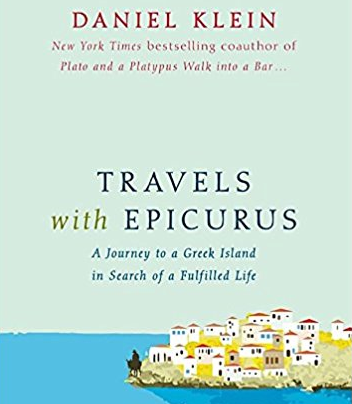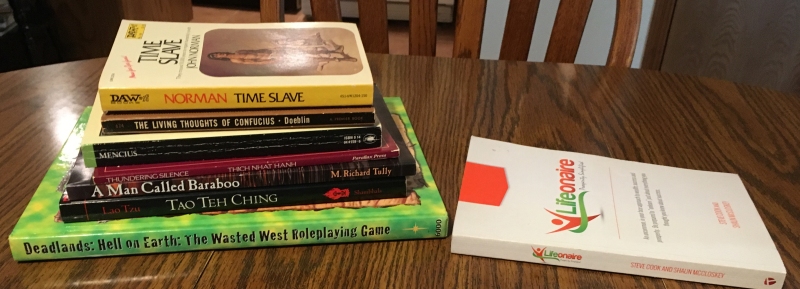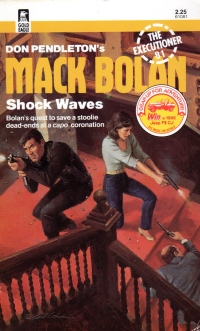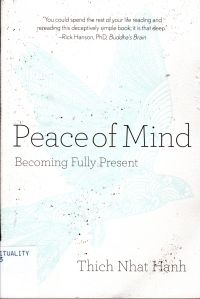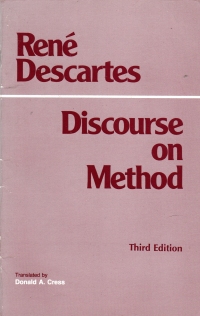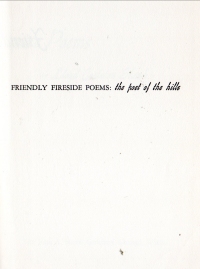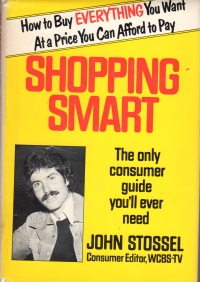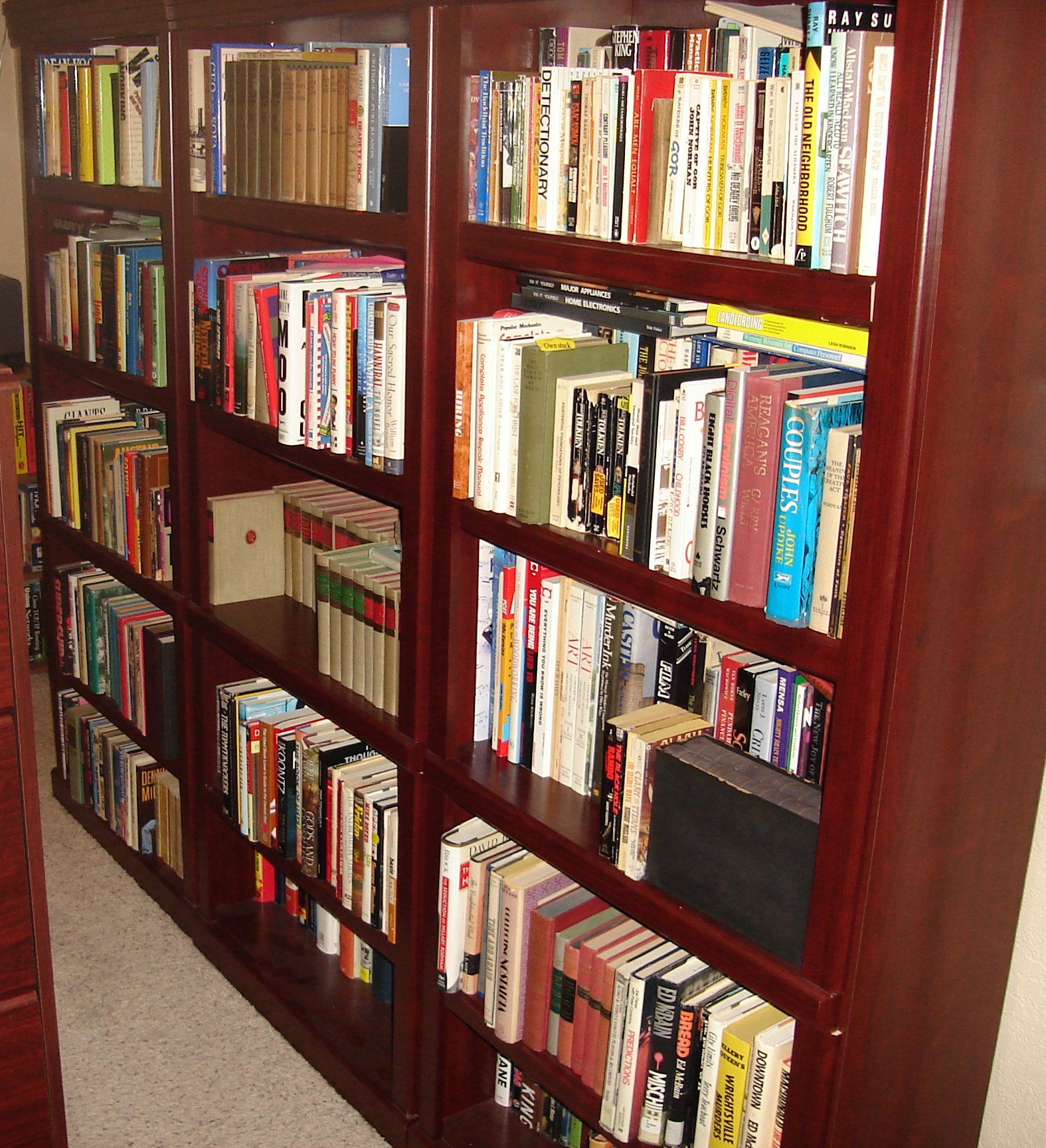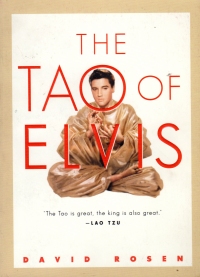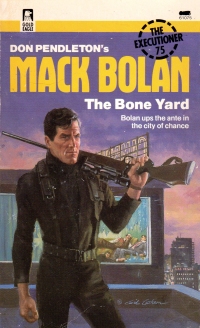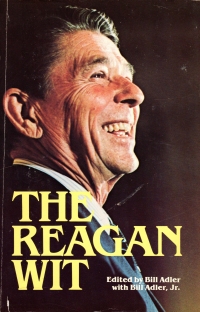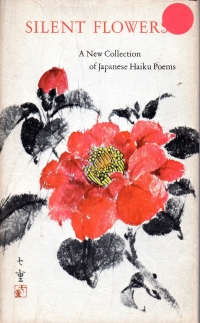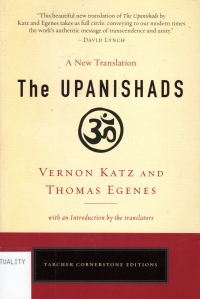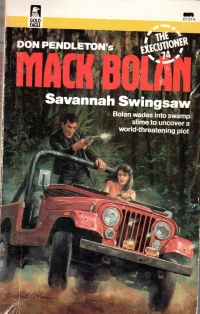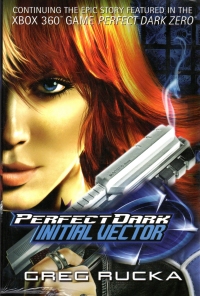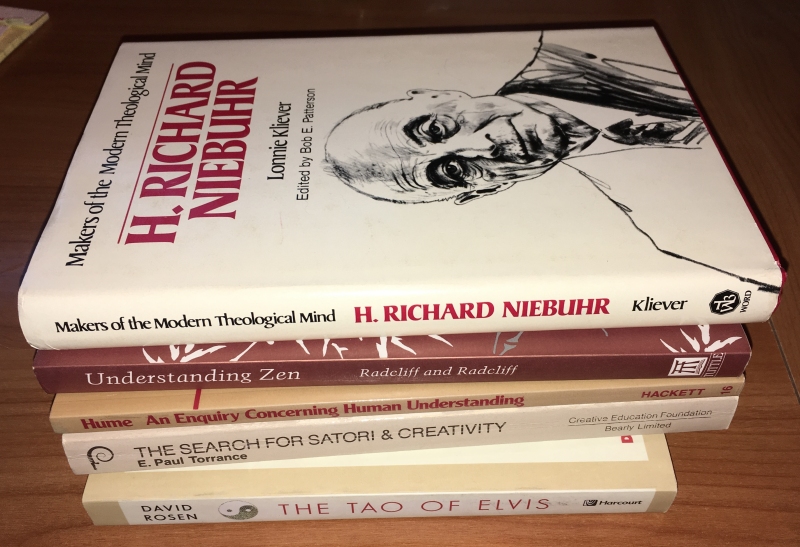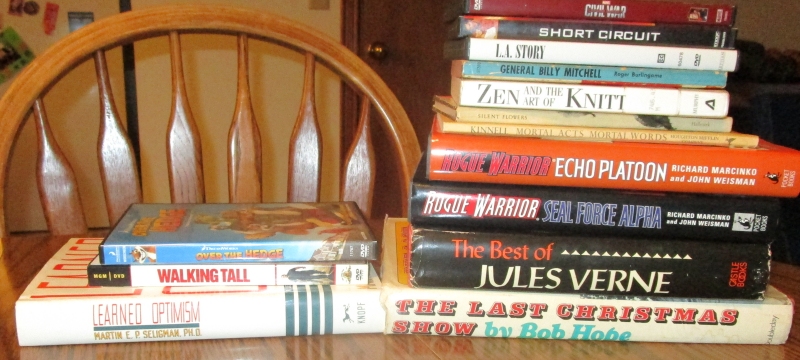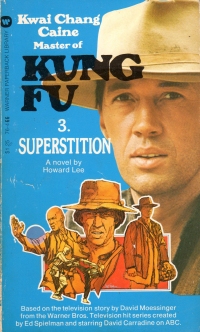 With all the Buddhism I’ve been reading lately, it only makes sense to go back to what might actually be the source of my interest in it of late: reading books based on the television show Kung Fu. Imagine my surprise that my research indicates it’s been two years since I read one. Maybe it’s not the source of my recent (and recent means “within the last year”) reading in the philosophy/religion. Or maybe these things are slow percolating for me.
With all the Buddhism I’ve been reading lately, it only makes sense to go back to what might actually be the source of my interest in it of late: reading books based on the television show Kung Fu. Imagine my surprise that my research indicates it’s been two years since I read one. Maybe it’s not the source of my recent (and recent means “within the last year”) reading in the philosophy/religion. Or maybe these things are slow percolating for me.
At any rate, this book is the third in the series. In it, Caine is railroaded in a small town, charged for a crime he did not commit, and is sentenced to labor at a local silver mine. In a related thread, a gunman seeks vengeance for some bad hombres who killed his brother and kidnapped his wife. It turns out that they have bought a mine with the ill-gotten gains, and that the woman went willingly. So as Caine tries to Buddhistically manage himself at the mind under a sadistic overseer and to show the near-beaten other ‘inmates’ how to buck up but not necessarily rebel, the gunman meets up with a couple of women from a travelling show going to the mine to find the fiance of one of the women.
So that’s your setup.
It’s a fun read, quick, laden with Buddhist pop sayings instead of bullets ripping meat. I’m afraid I only have one more of these from whatever book sale I found them, so I’ll run out of them before I run out of Executioner paperbacks. And that makes me a little sad. But, on the other hand, I have another yet to read. Soon, or in two years.



